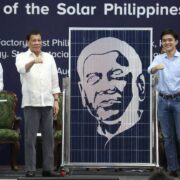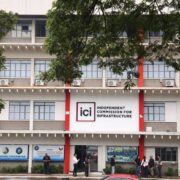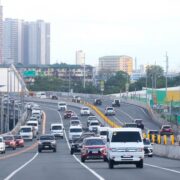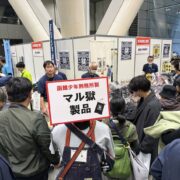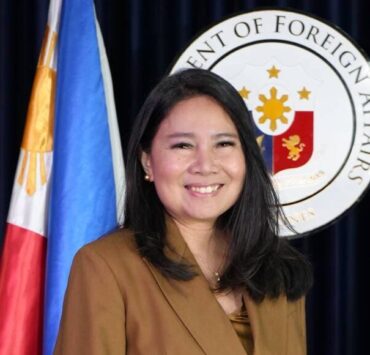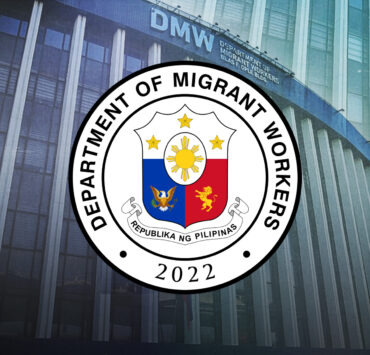BOC reports record P85-B collection in July; total now at P544B

The Bureau of Customs (BOC) reported a record-high collection in July, overcoming disruptions in port operations caused by bad weather and the impact of lower tariffs on key imports.
Citing preliminary figures, the agency said it collected P85 billion last month—a 6.4 percent increase year-on-year and its highest monthly collection for 2025 so far. The figure also surpassed its P84-billion target for July by 1.3 percent.
Since the start of the year, the BOC has raised a total of P544 billion, reflecting a 1.6 percent annual growth.
The bureau credited the strong July performance to the collective efforts of its 17 collection districts and targeted revenue initiatives. These included collections from unpaid post-entry modifications, government importations under the tax expenditure fund amounting to P3.1 billion, and P136.9 million from the post-clearance audit group.
The BOC noted that it achieved this milestone despite a 4.5-day suspension of port operations nationwide due to inclement weather, which hampered customs processing and logistics activities.
‘Good governance’
“This achievement shows the power of good governance,” BOC Commissioner Ariel Nepomuceno said in a statement.
The BOC sources its revenues from import duties, value-added tax on inbound shipments and excise taxes, among other fees. But in the past months, the bureau had struggled to hit its collection targets after the Marcos administration lowered the tariff on certain commodities like rice and electric vehicles.
Another problem for the BOC was the relatively strong peso and easing global inflation, which allows traders to purchase imported goods at much lower costs. Import costs serve as the base for computing taxes that traders pay to the BOC.
But more challenges may be ahead for the bureau. The Philippines could forgo revenues of between P3 billion and P6 billion a year due to the zero-tariff concession granted to select US goods, according to Finance Secretary Ralph Recto.
After a bilateral meeting with Trump in Washington last month, President Marcos confirmed that the United States would proceed with the imposition of a 19-percent tariff on Philippine exports, higher than the 17 percent rate announced in April but slightly below the 20 percent floated earlier this month.
In exchange, the Philippines agreed to scrap tariffs on American automobiles and boost the importation of US soybeans, wheat and pharmaceutical products.
Recto maintained, however, that the recent trade agreement with Washington did not put Manila at a disadvantage.




